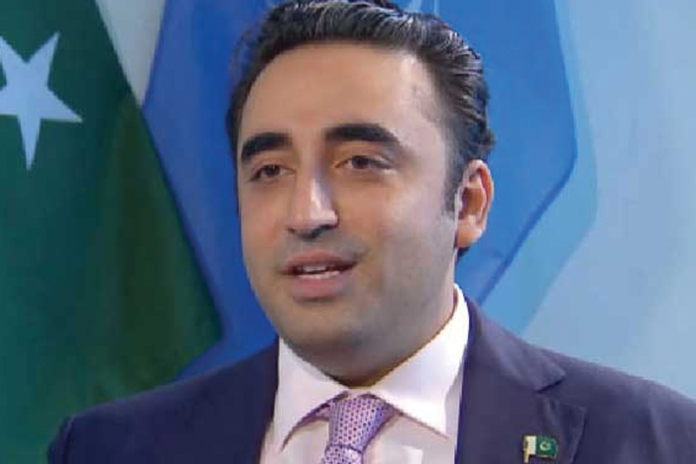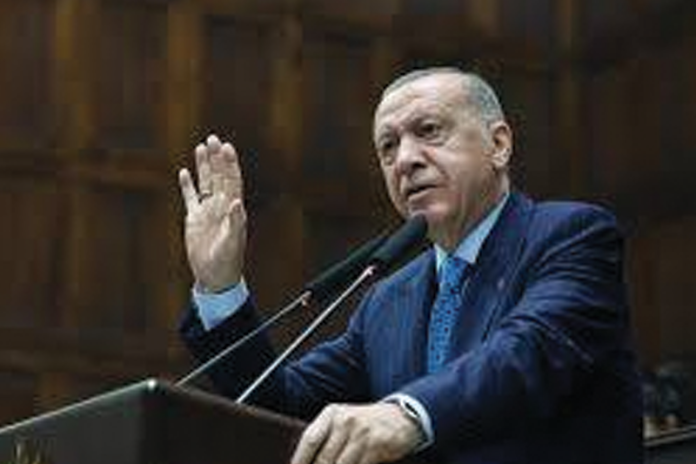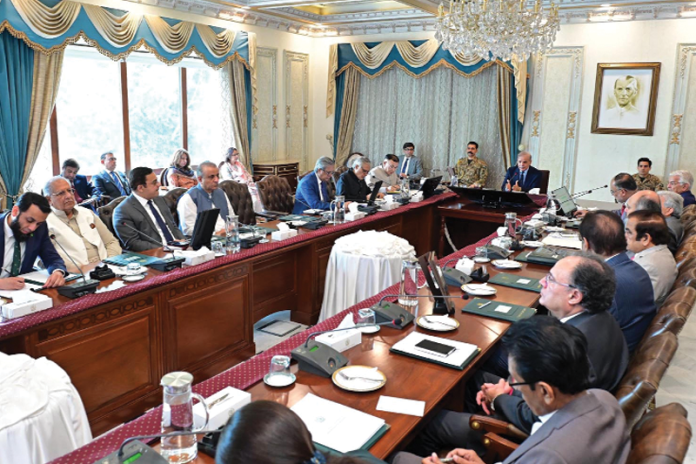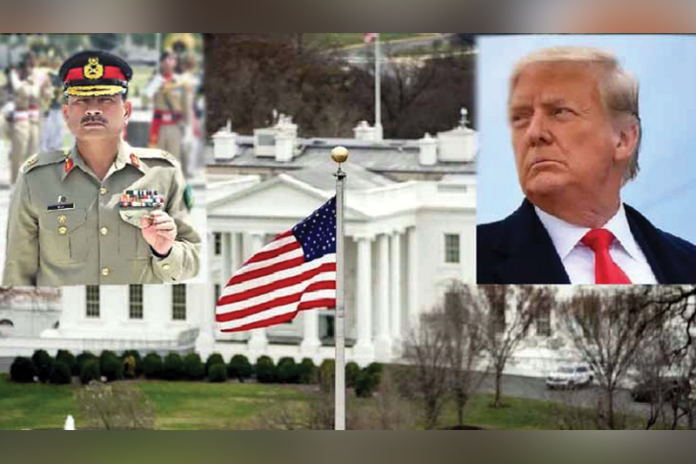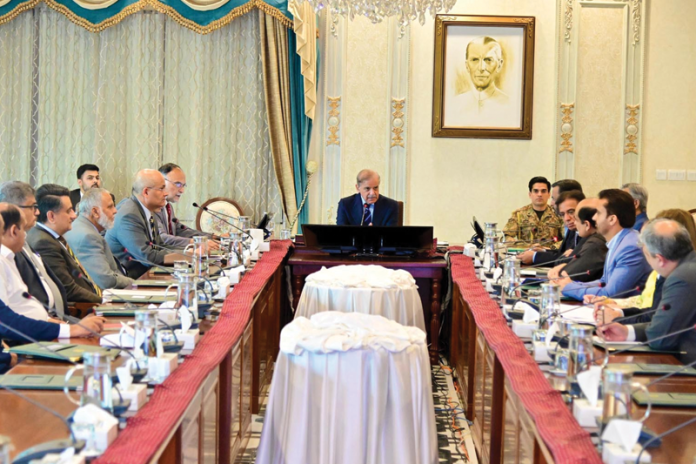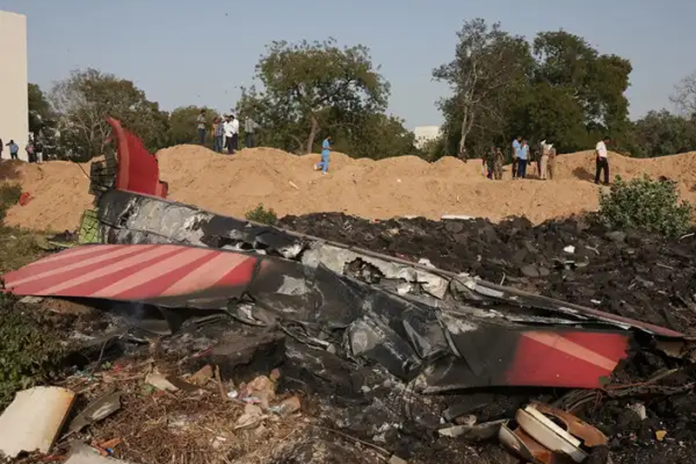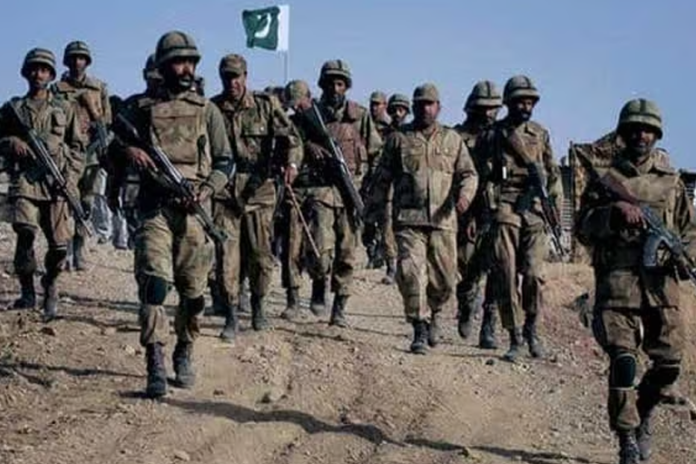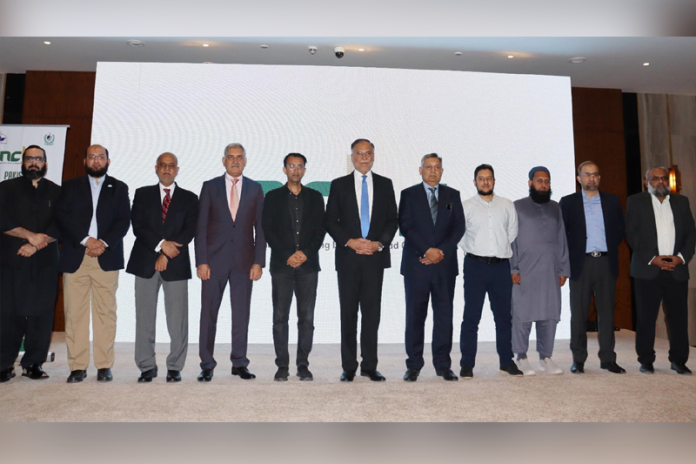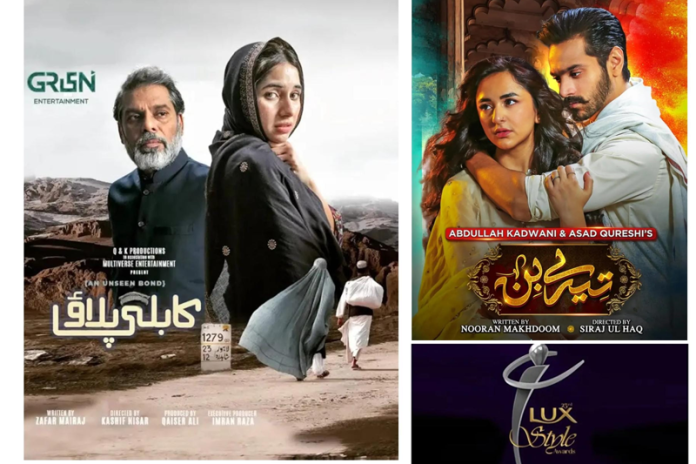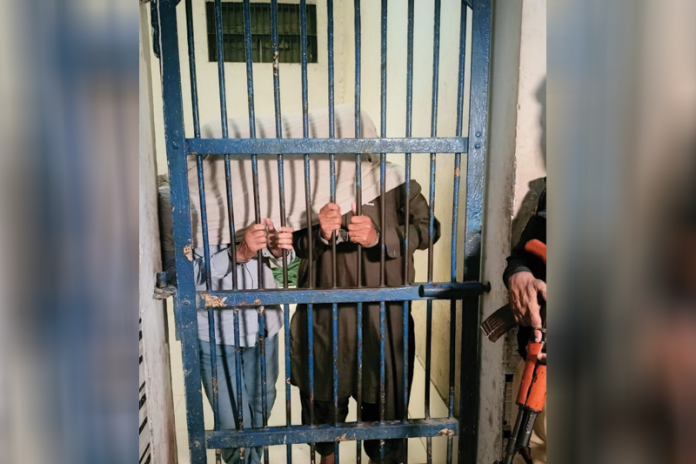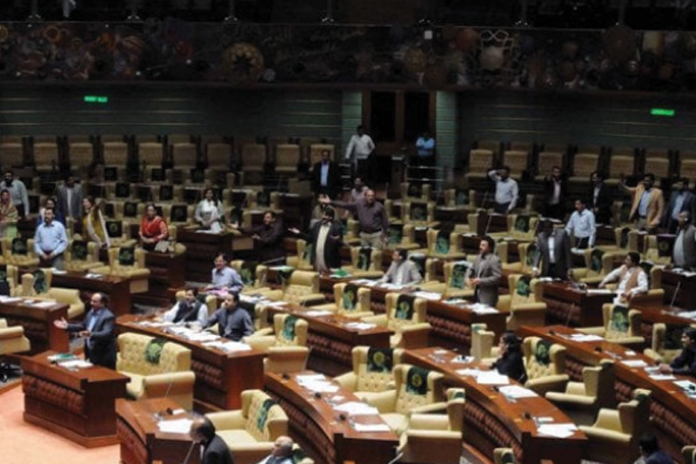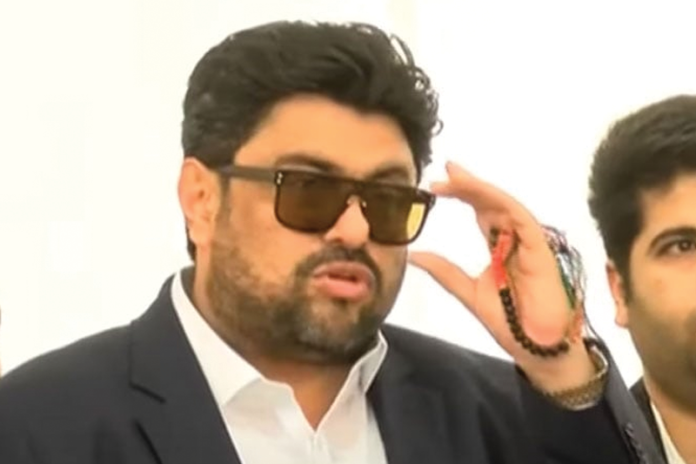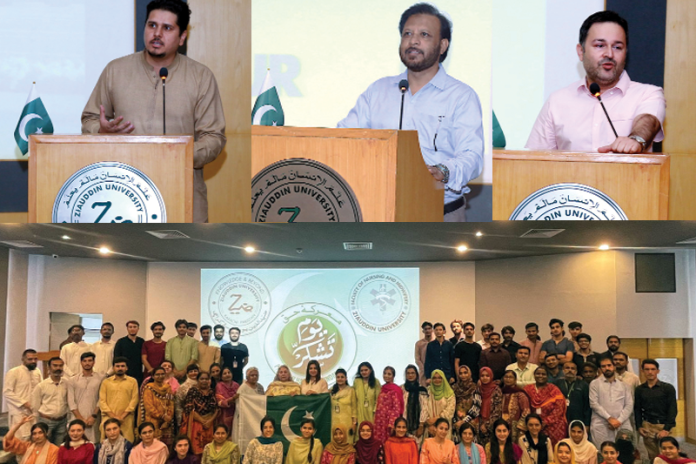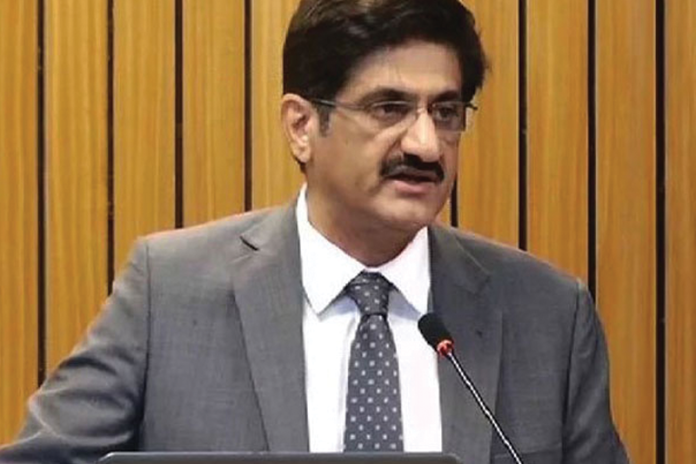Media landscape in Pakistan: navigating freedom, responsibility, and challenges

- 392
- 0
Introduction:
The media landscape in Pakistan is a dynamic and evolving terrain, reflecting the diverse socio-political fabric of the nation. Over the years, Pakistan has witnessed a proliferation of media outlets, contributing to both the democratization of information and the emergence of a robust public discourse. However, this landscape is not without its complexities, as media organizations grapple with the delicate balance between freedom, responsibility, and the numerous challenges that accompany their pivotal role in shaping public opinion.
Freedom of the Press:
The concept of a free press is integral to the functioning of a vibrant democracy. In Pakistan, freedom of the press is constitutionally safeguarded, and journalists play a crucial role as the fourth estate, acting as a check on the powers that be. However, the practical realization of this freedom has faced hurdles, including instances of censorship, intimidation, and attacks on journalists.
Responsibility and Ethical Standards:
Media outlets in Pakistan shoulder the responsibility of disseminating information accurately, ethically, and impartially. The need for responsible journalism becomes paramount, especially in a society where diverse opinions coexist. Striking a balance between being the watchdog of democracy and adhering to ethical standards remains an ongoing challenge. The responsibility to verify facts, avoid sensationalism, and promote unbiased reporting is pivotal to maintaining the credibility of the media.
Challenges Faced by the Media:
Security Concerns: Journalists in Pakistan often operate in an environment marred by security challenges. Threats, attacks, and violence against journalists have unfortunately become common, hindering their ability to perform their duties without fear.
Censorship: Despite constitutional guarantees, censorship has been a recurring issue in Pakistan's media landscape. Government interference and pressures on media organizations can limit the free flow of information, compromising the media's role as an independent voice.
Economic Pressures: Media organizations grapple with financial challenges, impacting their independence. Reliance on advertising revenue and financial constraints can potentially influence editorial decisions, raising questions about the autonomy of media outlets.
Digital Transformation: The advent of digital media has transformed the traditional media landscape. While it provides opportunities for broader reach and diverse content, it also poses challenges in terms of misinformation, the rapid spread of news, and the need for adapting journalistic standards to the digital age.
Conclusion:
The media landscape in Pakistan reflects the complex interplay between freedom, responsibility, and the myriad challenges faced by journalists and media organizations. Navigating this landscape requires a commitment to upholding the principles of a free press, ensuring responsible journalism, and addressing the challenges that threaten the media's independence and efficacy. As Pakistan continues its journey towards a more inclusive and democratic society, the role of a vibrant and responsible media remains indispensable in shaping public discourse and holding power accountable.
Published in The Daily National Courier, January, 24 2024
Like Business on Facebook, follow @DailyNCourier on Twitter to stay informed and join in the conversation.

